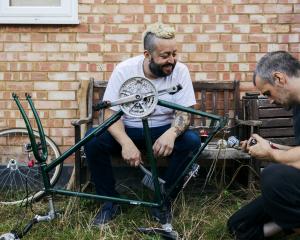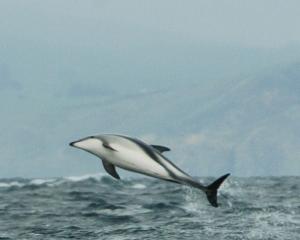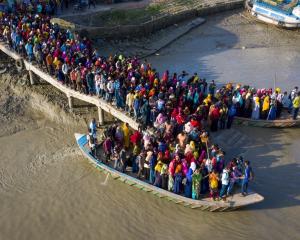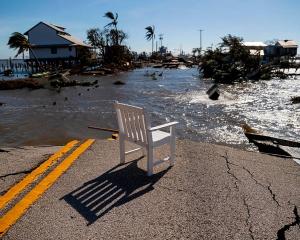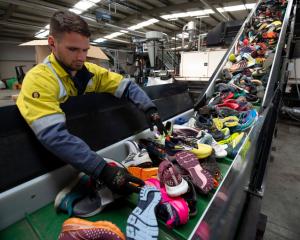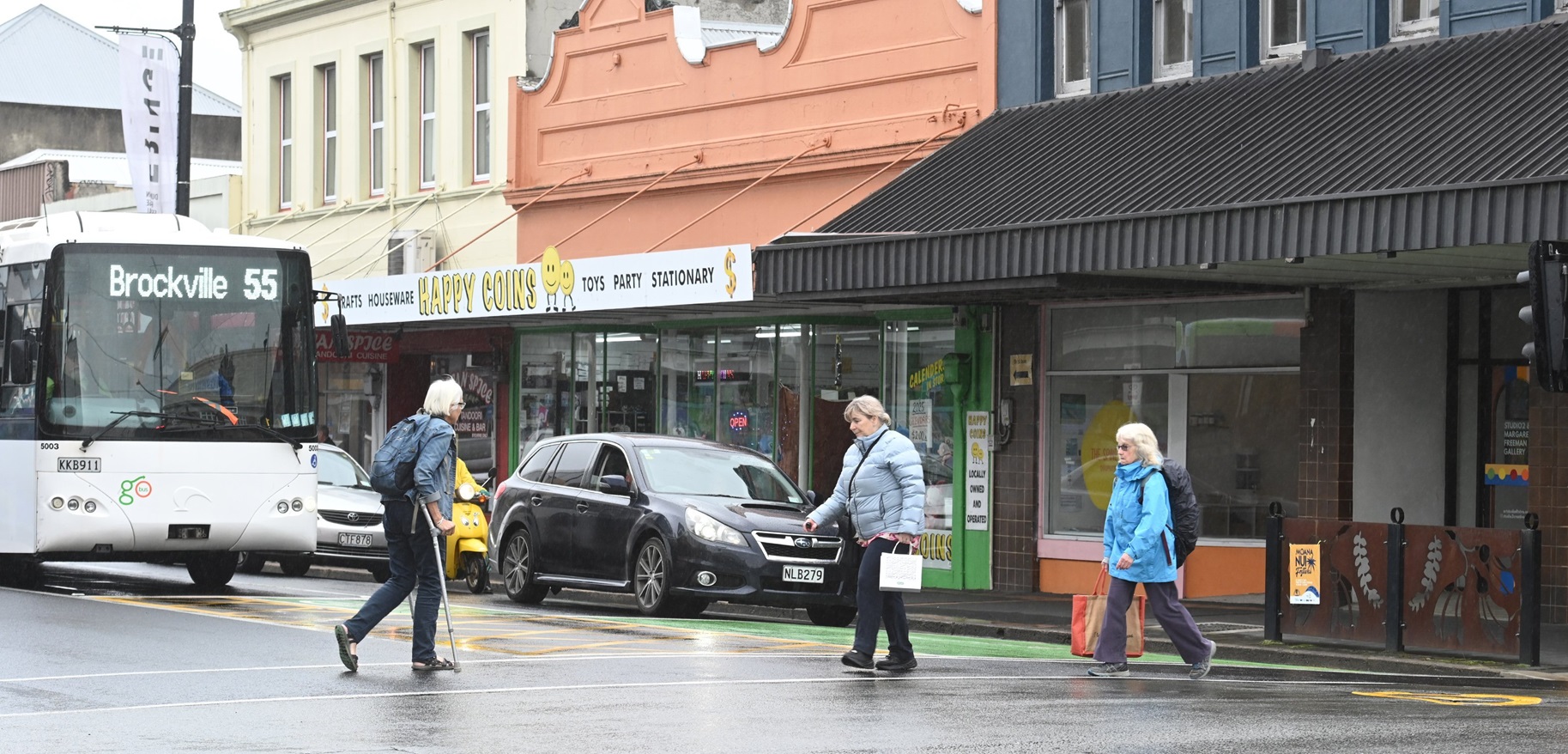

Adaptation is those actions that people will need to make to "adapt" to changing conditions due to a warming climate. For example, temperature increases, sea-level rises, droughts and increased weather events. According to the OECD, adaptation involves deliberate actions to reduce negative impacts and leverage potential benefits from climate change, such as modifying agricultural practices, improving water infrastructure and efficiency, updating building codes, and enhancing climate resilience through measures such as sea walls and retreat. Adaptation will remain essential regardless of the level of mitigation achieved, as both processes are now currently under way in parallel.
Adapting to environmental changes is a process that we can start today and indeed starting early with consultation can help people, businesses and communities get ready for the changes starting to occur. The best way to transition is to start early and include as many voices as possible, including those talking about work and livelihoods.
Consequently, businesses need to be part of the adaptation conversation too. Climate change adaptation for businesses refers to strategic adjustments businesses make in response to actual or expected climate-related risks. Business adaptation activities include proactively modifying operations, infrastructure, supply chains, products, and services to reduce risk from climate change impacts.
Being part of the conversation is important as not adapting or being left behind can result in increased risk of business disruption from more frequent and severe natural hazards, e.g., flooding, coastal inundation and rising groundwater. There is also the risk of declining business and economic confidence. Businesses might experience a rise in insurance premiums or for insurance coverage to become unavailable (insurance retreat), which could significantly impact overall financial viability and access to finance. Finally, there could also be the risk of impacts on infrastructure and services. Businesses rely on essential infrastructure such as roads, power, telecommunications, and three waters (water supply, stormwater, wastewater). The risk assessments in South Dunedin highlight that these infrastructures are increasingly vulnerable to climate hazards. Businesses will need to consider potential disruptions to these services and plan for contingencies.
In thinking about the seven different futures for South Dunedin, some key questions for businesses might be:
1. What are the key risks from climate change for your business? There are three different types of risks that businesses should be aware of. First, the physical risks (e.g., flooding, sea-level rise), second, transitional risks (those risks associated with changes towards adaptation, e.g., policy changes and consumer preferences), and finally liability risks (e.g., insurance coverage and litigation for inadequate responses to climate threats).
2. How might you build operational resilience? Adaptation may involve changes such as relocating facilities, diversifying supply chains, adjusting work hours and/or safety protocols.
3. What are the costs to your business from climate change? What costs arise from investment decisions, insurance costs, and how might you evaluate long-term financial impacts.
4. What are the risks to your business’ reputation and social license to operate? How will you demonstrate to stakeholders and partners that you are contributing to community resilience in South Dunedin? How might you show leadership in climate adaptation to build value and trust?
Currently, consultation is focused on seven potential futures. The actual appearance of South Dunedin in 75 years will depend on the decisions made through the South Dunedin Future Programme, including community engagement and further technical analysis. How we will work and create sustainable livelihoods in the future are essential parts of these conversations too. Ensuring that economic resilience and social equity are embedded in adaptation planning will be critical to achieving a just and thriving future for all of Dunedin.


